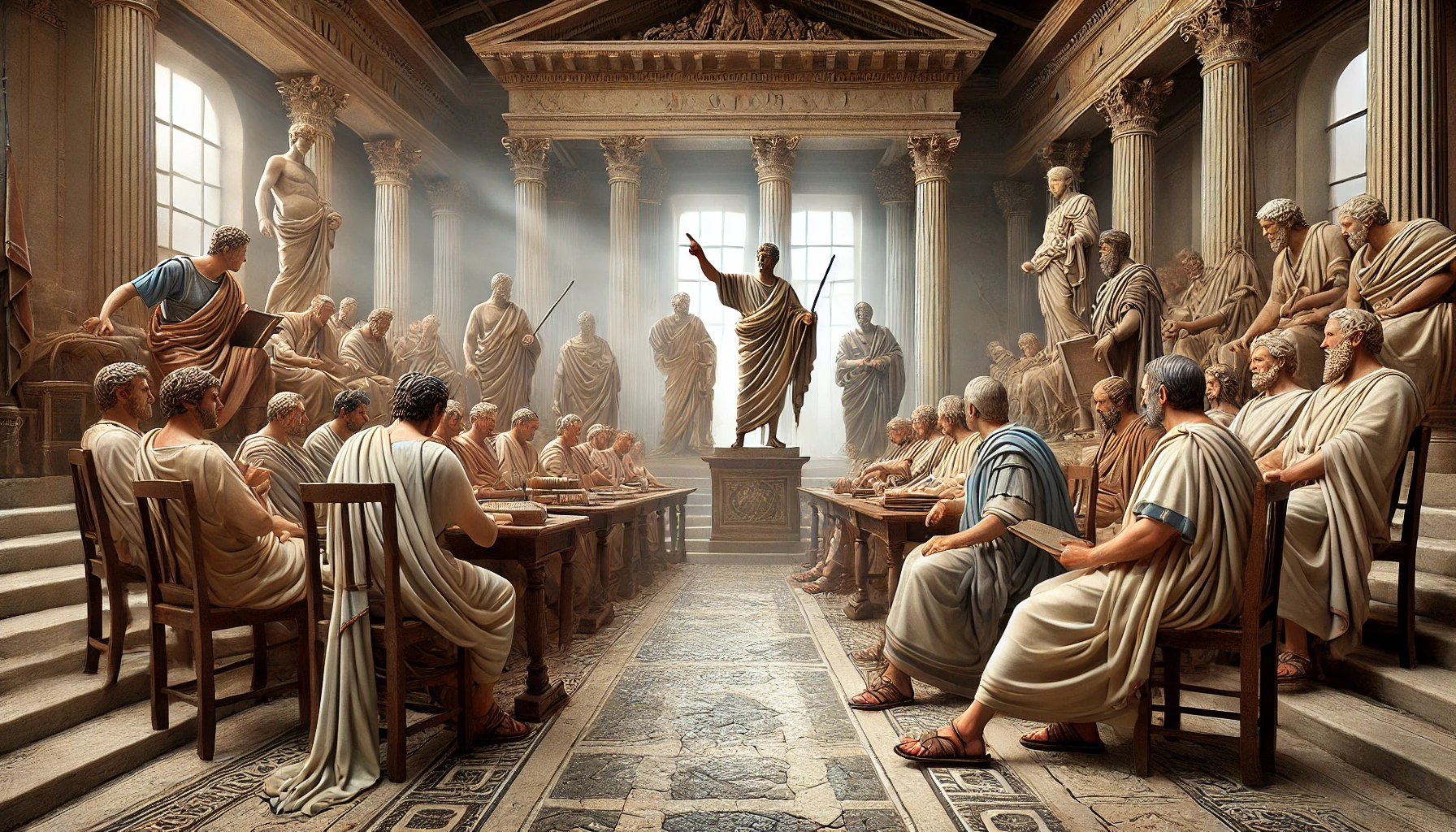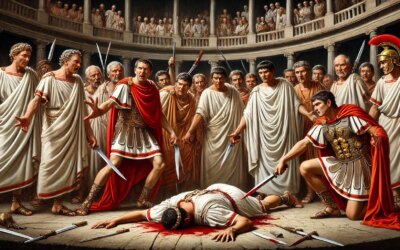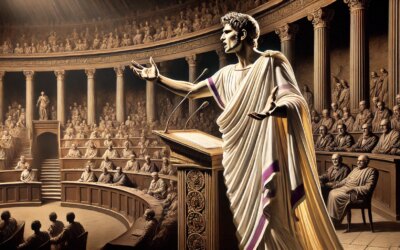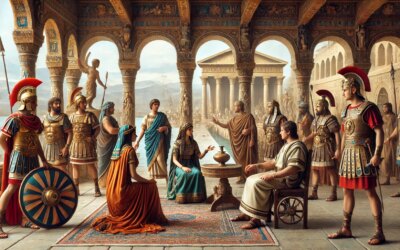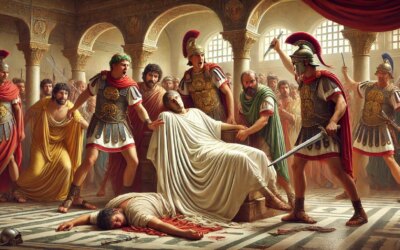Introduction
The Roman Senate was once the backbone of the Republic, a body of seasoned statesmen tasked with guiding the destiny of Rome. However, by the late Republic (133–27 BCE), it had become a battleground of political rivalries, corruption, and power struggles. As Rome expanded and wealth flowed into the city, the Senate faced unprecedented challenges that ultimately led to the demise of the Republic and the rise of autocratic rule. Understanding the Senate’s decline is key to grasping the broader fall of Rome’s democratic institutions.
The Role of the Senate
Originally an advisory council of Rome’s elite, the Senate was composed of patricians and later, wealthy plebeians who had proven themselves in public service. Its main duties included managing finances, foreign policy, and advising magistrates. While it did not pass laws directly, it wielded immense influence over legislation and military decisions. Senators were expected to act as guardians of Roman tradition, balancing the powers of elected officials like consuls and tribunes.
The Corruption of the Late Republic
By the 2nd century BCE, Rome’s expansion brought vast wealth—but also deep inequality. Senators, often landowners and financiers, benefited from Rome’s conquests, acquiring enormous estates and exploiting slave labor. Meanwhile, the common people, or plebeians, struggled with economic hardship. This disparity fueled social unrest, giving rise to populist leaders who sought to challenge the Senate’s dominance.
Bribery and political manipulation became common. Wealthy senators used their influence to secure key positions and control provincial governance, where they could extract wealth from the territories they administered. Election campaigns turned into bidding wars, with candidates spending fortunes to secure votes. The traditional ideals of service and duty gave way to personal ambition and greed.
The Struggles Between Optimates and Populares
Two main political factions emerged within the Senate: the Optimates, who sought to preserve the power of the aristocracy, and the Populares, who championed reforms for the lower classes. Figures like the Gracchi brothers (Tiberius and Gaius Gracchus) challenged the Senate by proposing land redistribution and social reforms. Their violent deaths at the hands of the Senate’s supporters signaled the growing use of political assassination to maintain power.
The rivalry between these factions intensified, leading to civil wars. The rise of generals like Marius and Sulla, who used their armies to seize political control, revealed the Senate’s weakening grip on power. Sulla, after marching on Rome, even executed senators who opposed him, setting a precedent for military intervention in politics.
Julius Caesar and the Senate’s Final Years
One of the Senate’s most significant challenges came with Julius Caesar. A skilled military leader and a member of the Populares faction, Caesar defied the Senate’s authority by leading his army into Rome in 49 BCE. After defeating his rivals, he declared himself dictator for life, effectively ending the Senate’s independence.
Despite its historical significance, the Senate became largely symbolic under Caesar. Although some senators, led by Brutus and Cassius, sought to restore the Republic by assassinating him in 44 BCE, their actions only accelerated Rome’s transition to imperial rule. Civil wars followed, culminating in the rise of Augustus (Octavian), who restructured the Senate into a body that merely served the emperor’s interests.
Legacy and Lessons
The fall of the Roman Senate serves as a cautionary tale about political corruption, economic inequality, and the erosion of democratic institutions. While it once represented the voice of Rome’s elite, its failure to adapt to the demands of a growing empire led to its downfall. The lessons of the late Republic remain relevant today, reminding us of the delicate balance required to maintain functional governance.
Conclusion
The late Roman Republic was an era of immense political drama, where ambition and greed overshadowed tradition and duty. The Senate, once the most powerful institution in Rome, became a casualty of its own corruption. In its place rose an imperial system that would rule the Mediterranean world for centuries to come.

